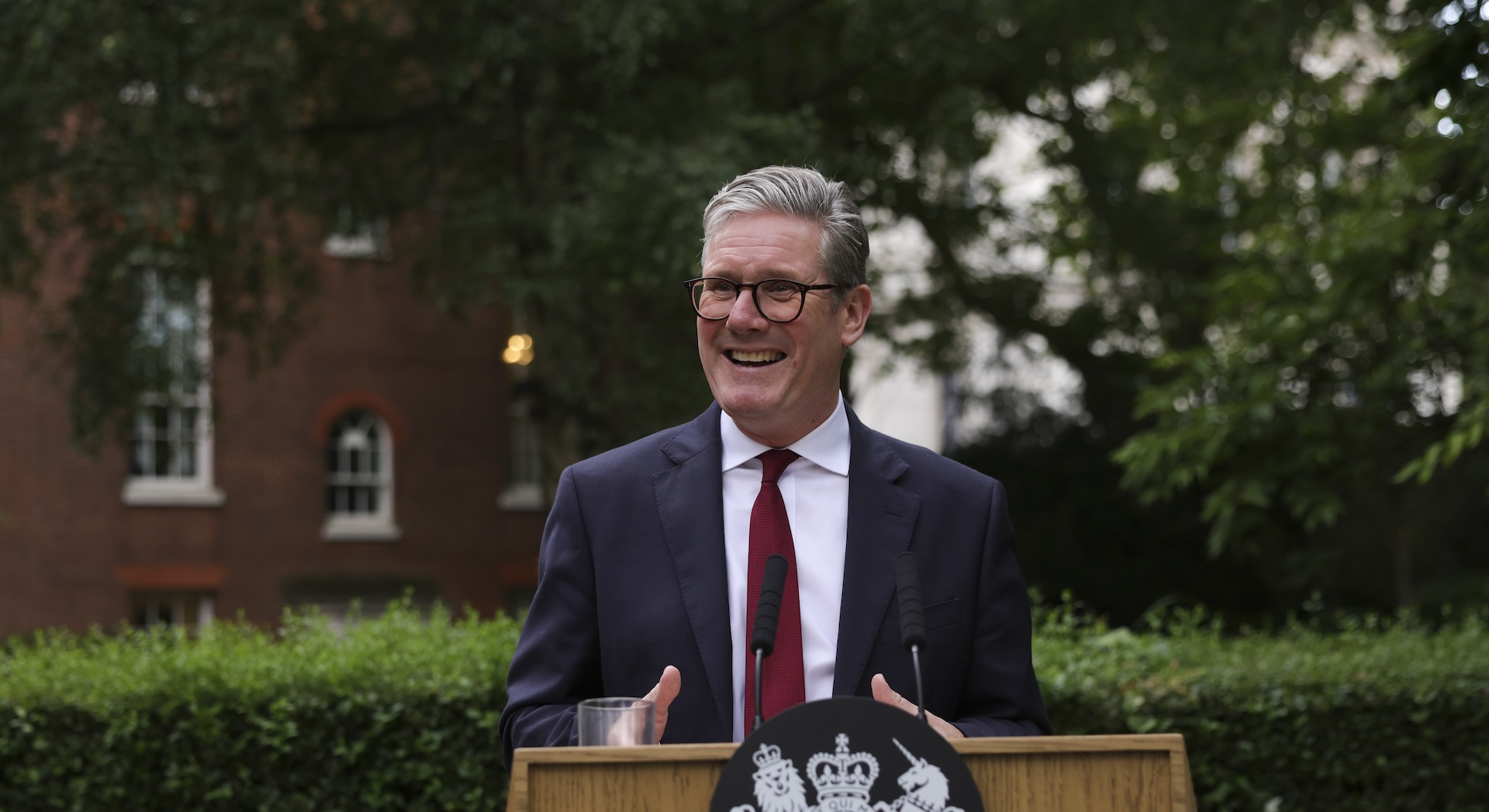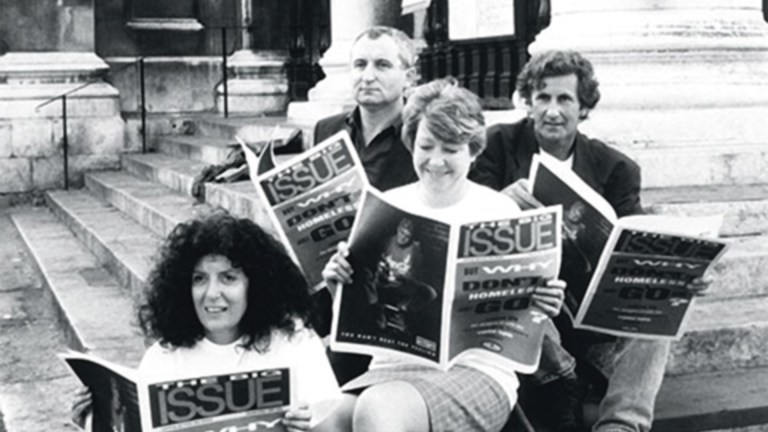Essentially, the Labour government would have to consider how their decisions and policies could increase or decrease inequality that results from socio-economic disadvantage. We think it would make a big difference: helping drive forward better policies and services and ultimately create a fairer society.
We were really pleased to see Labour’s commitment to enacting this duty in their manifesto, but it’s vital that the new legislation is only the start. Simply passing the duty into law, however, will not in itself lead to better policy-making and fairer outcomes, this would simply be the first step in a longer and more ambitious journey.
What is also needed is to ensure that those who both implement and monitor the duty have lived experiences of socio-economic disadvantage. And beyond that, when public bodies develop policies that will affect people living in poverty they should develop these in partnership with those living these experiences, day in, day out.
Our campaign calls on public bodies and the government to ‘do your duty for equality’; and tackle persistent inequality head on. This is especially urgent as recent years have seen rapidly rising levels of inequality, with millions of households experiencing poverty and – all too often – destitution. Now is the time to adopt transparent and effective measures to address inequalities that result from differences in occupation, education, place of residence or social class.
Ethically and morally, we have duty to ensure better outcomes for those who suffer socio-economic disadvantage. It is imperative that hope is restored, that people can look forward to their future, to plan, to realise their potential and not be held back to their socio-economic status. It is in no-one’s interest to bear witness to the suffering faced by so many.
One person said to me: “When my child went to school, they were entitled to free school meals, now I am home schooling (as my child faced too many problems at school that were not addressed), I am not entitled to vouchers in the holidays – how is this fair, they still need to eat?”
For young people who live in disadvantaged neighbourhoods, there is also the stark realisation that things may not change when they become adults. They are priced out of the housing market, jobs and employment is precarious with low wages, short term contracts and insufficient hours to meet their needs.
Aspirations are stunted as a result. “When I grow up, I want to be a counsellor… but I guess that is not going to happen. I can’t even stick at school, teachers don’t listen and don’t think I have any chance of becoming a counsellor,” a young person from Hartlepool said.
These people are living with the harms caused by policies which have exacerbated already difficult situation. But it can be different, and policies can help rather than hinder our most vulnerable communities. Working collaboratively and adopting a participatory approach ensures policies are improved by making use of the practical knowledge and insights of those directly affected which leads to more appropriate, meaningful and effective policies.
At Poverty2Solutions we stand ready to work with the new government both to help them develop and implement the socio-economic duty. This duty will help drive transformative change, and help ensure that we address the inequalities that result from differences in occupation, education, place of residence or social class.
Individuals, communities and organisations with direct lived experiences of poverty and social security contain a wealth of expertise: they are experts and are a valuable ally that is needed within policymaking processes. We want to be part of a cultural shift so that policy is not done to, but rather with communities who have lived experience of poverty, and other key issues. The enactment and effective implementation of the socio-economic duty would be a very good place to start.
Tracey Herrington is the manager of Thrive Teesside. Thrive Teesside, ATD Fourth World and Dole Animators, together as Poverty2Solutions, are a group of activists from across the UK who have direct experience of living in poverty.
Do you have a story to tell or opinions to share about this? Get in touch and tell us more. Big Issue exists to give homeless and marginalised people the opportunity to earn an income. To support our work buy a copy of the magazine or get the app from the App Store or Google Play










